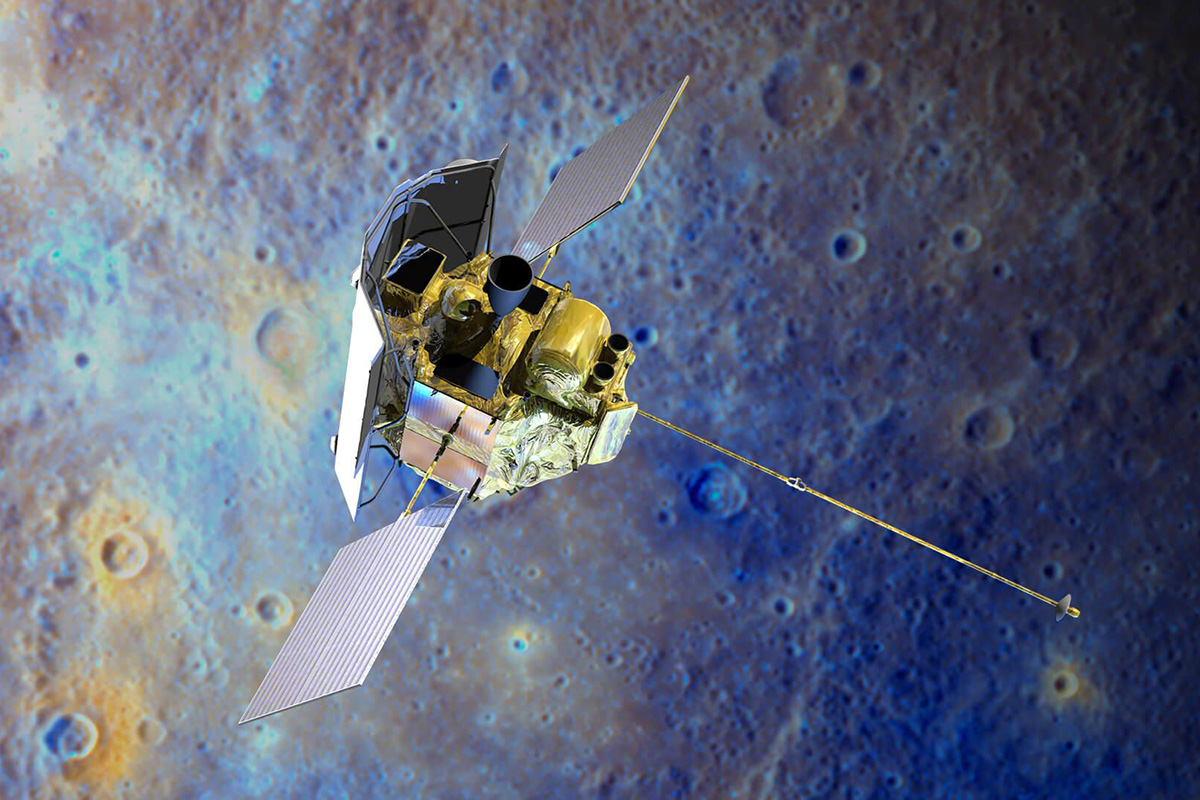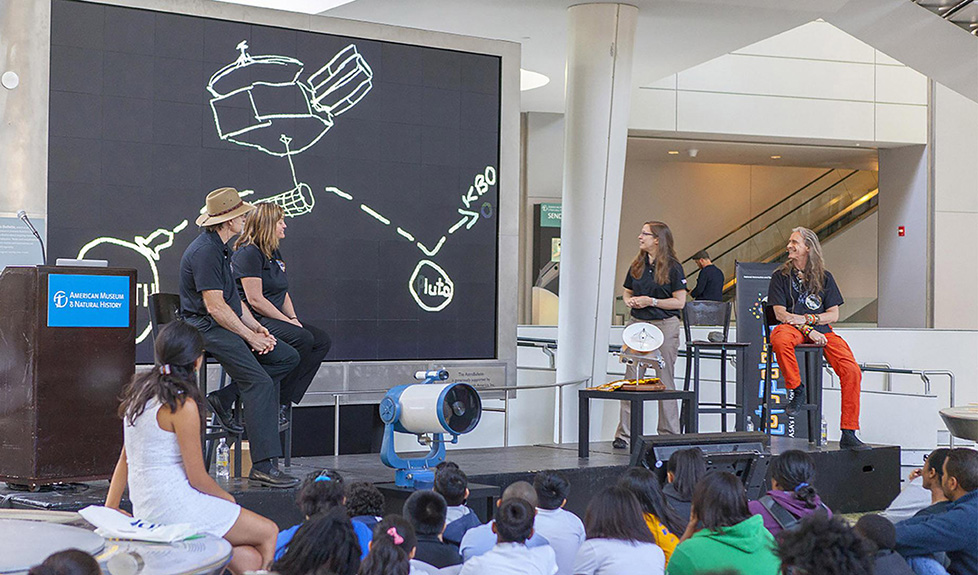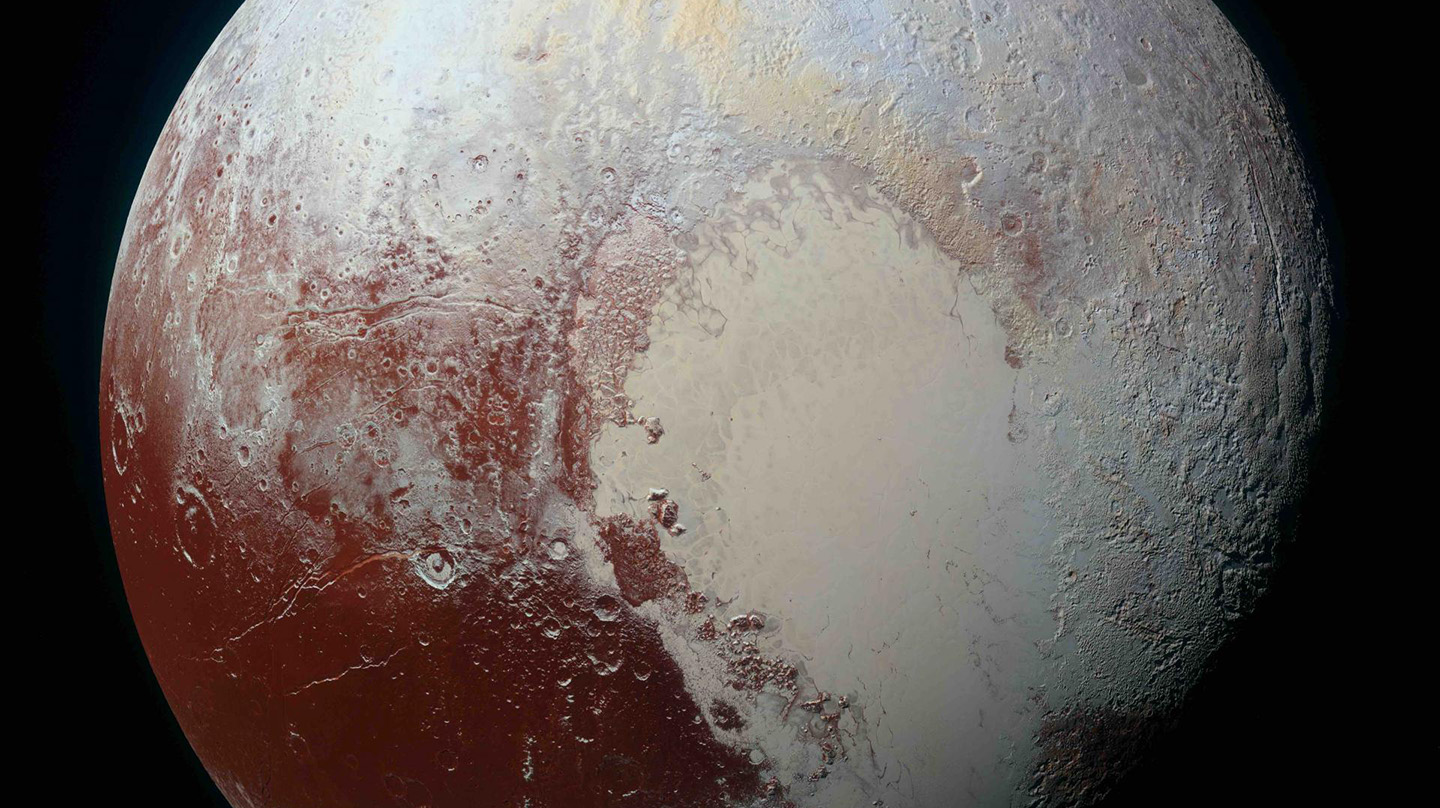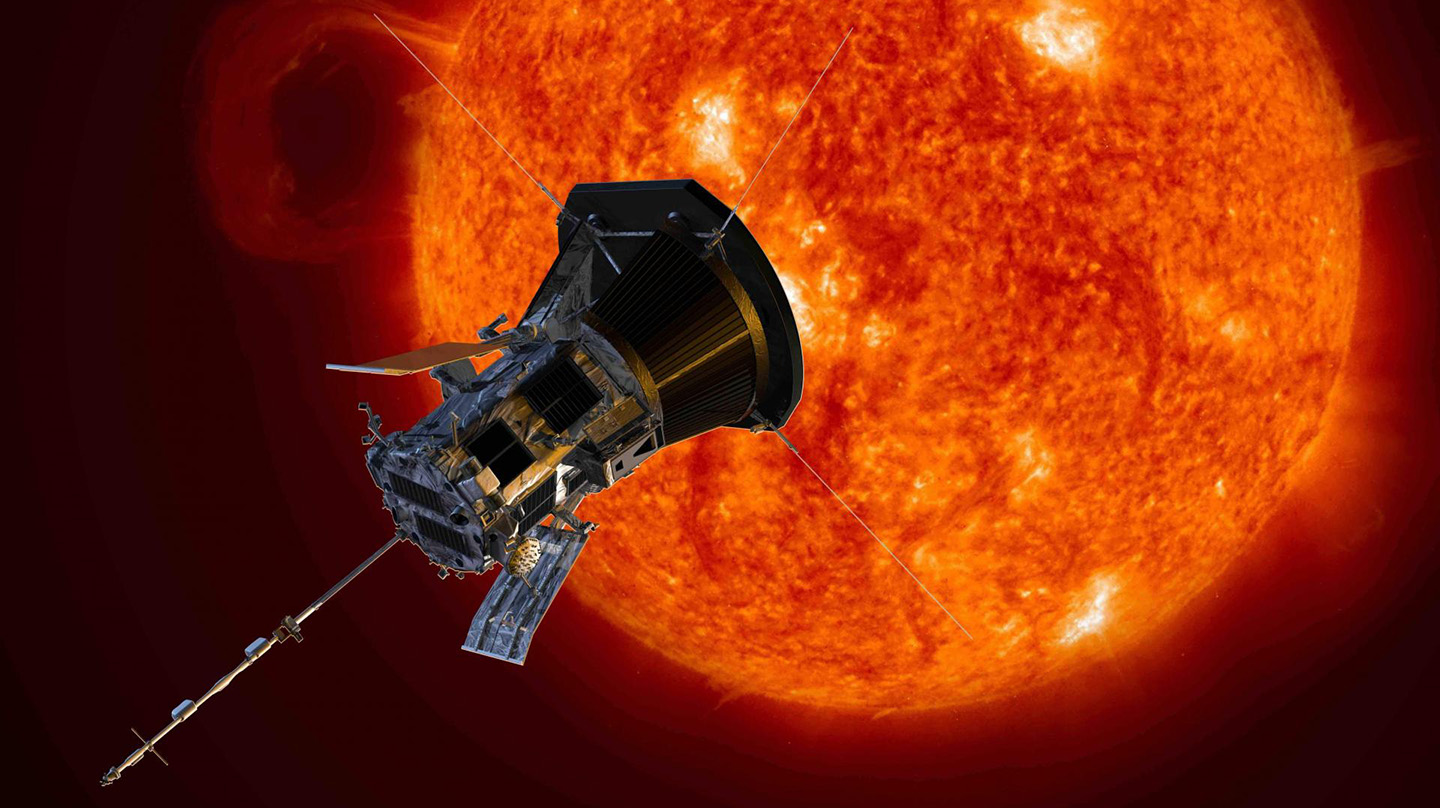The 2024 Johns Hopkins APL Summer Center for Space Science program is scheduled to take place at APL from July 8-19, 2024.
To be considered for the APL Summer Center for Space Science program, students must complete an online application and write an essay discussing why they want to participate in the program. To ensure participation will be a valuable experience, students need to have a keen interest in space and space technology and be recommended by their teacher to participate in this summer STEM program.
Throughout the two-week program, APL scientists and engineers will meet with students and give overviews of the exciting missions APL has designed and built for NASA. Interactive activities and demonstrations are provided, including a campus tour of APL’s space testing facilities and a visit to the meteorite lab.
During the program, students form small groups of 3–4 and work together to design their own space missions to planetary destinations of their choosing. Teams build “cardboard” spacecraft models, and each student will take on a particular role (program manager, mission scientist, mission engineer, etc.). The main focus is on space science, technology, and engineering. Teams must follow NASA Discovery mission guidelines as if building a real spacecraft. Each team will prepare a presentation and present their “mission” to families, guests, and APL staff on the last day of the program.
Questions can be directed to jhuapl-summer-science-program@jhuapl.edu.
Below are some mission website links to get students interested in a few of our NASA missions.
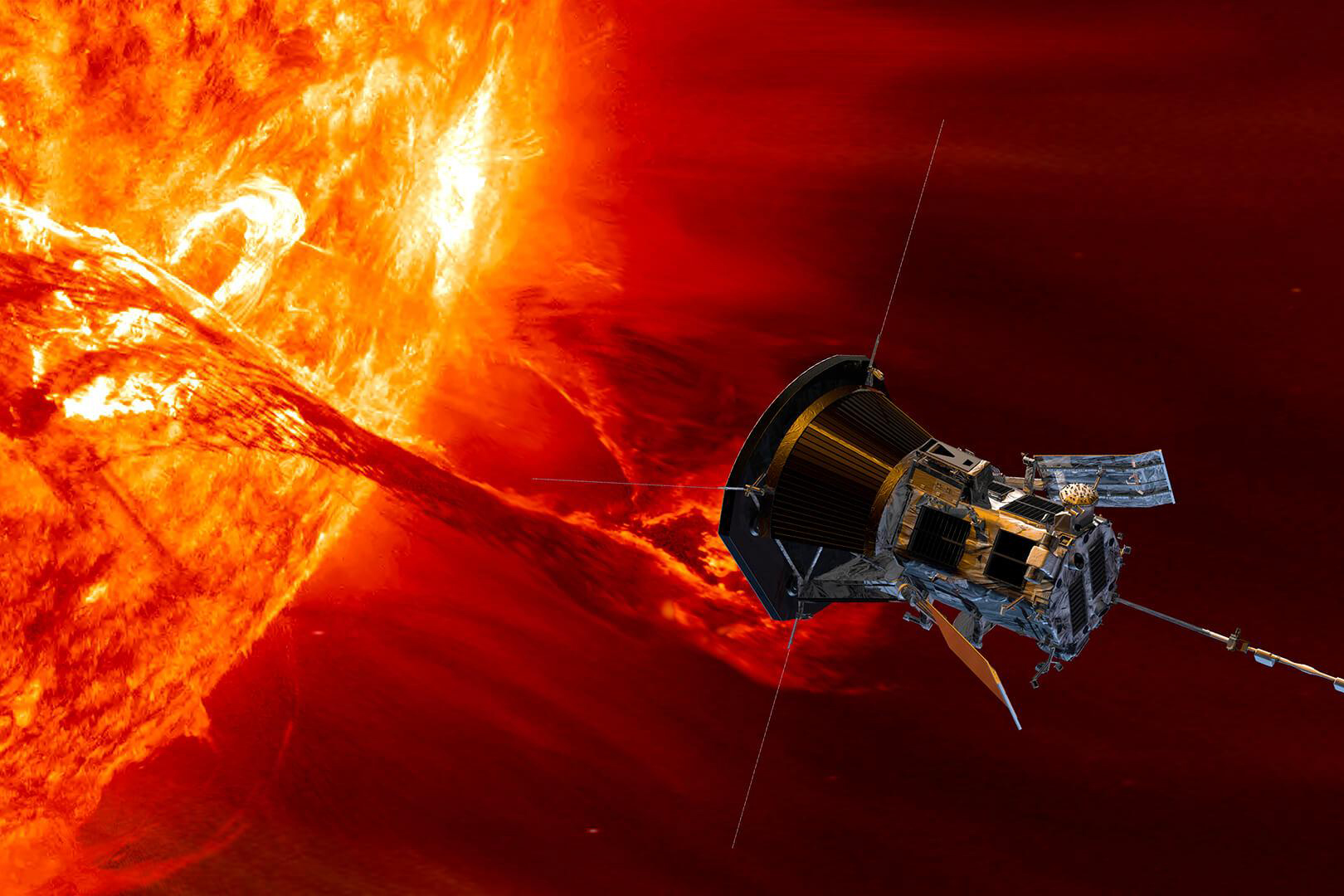
Parker Solar Probe Sun and Solar Wind
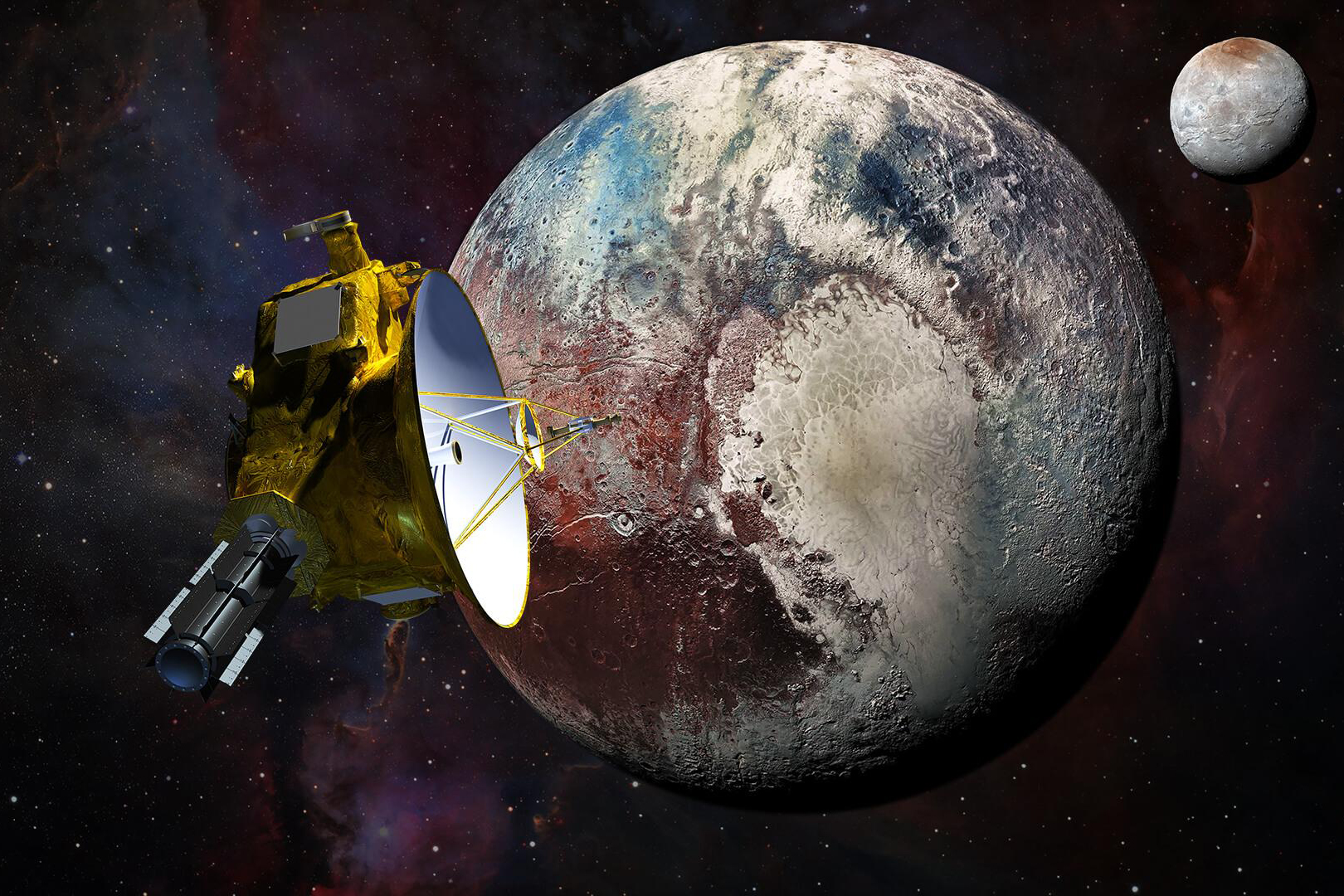
New Horizons Pluto, Kuiper Belt Objects, and Comets
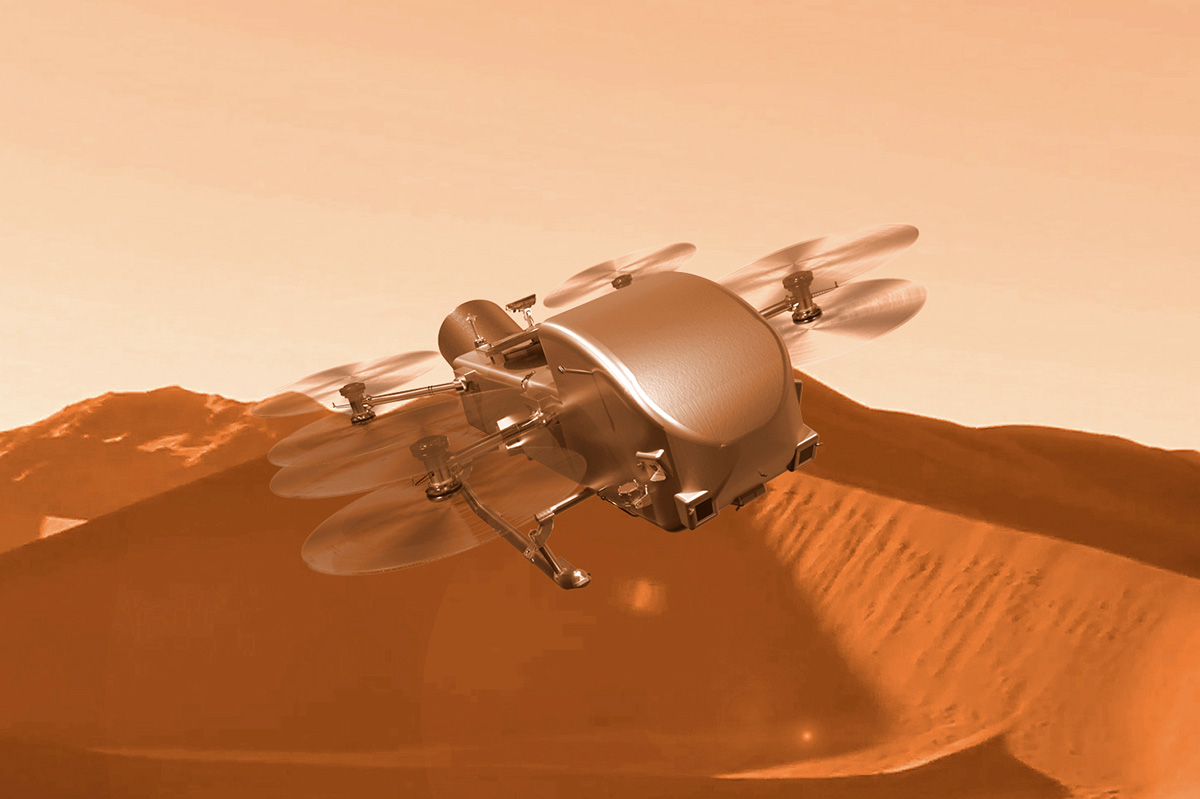
Dragonfly Outer Moons
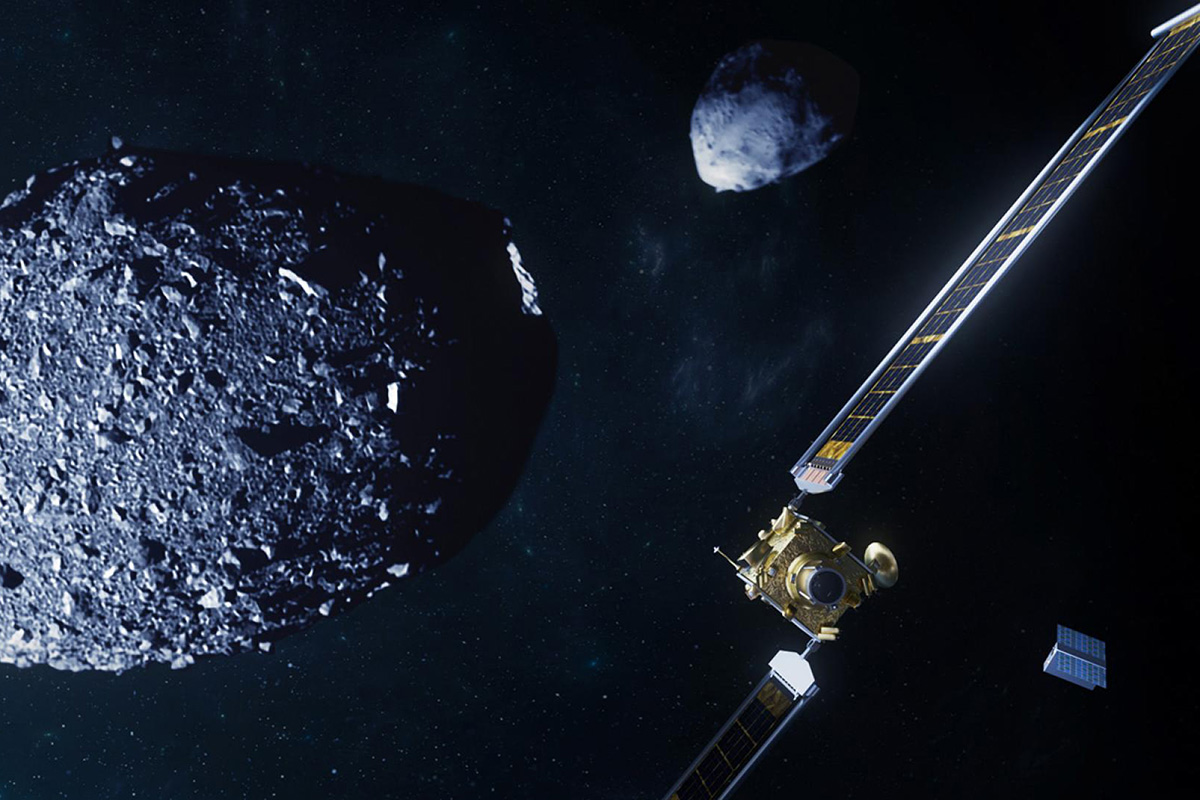
DART Asteroids
